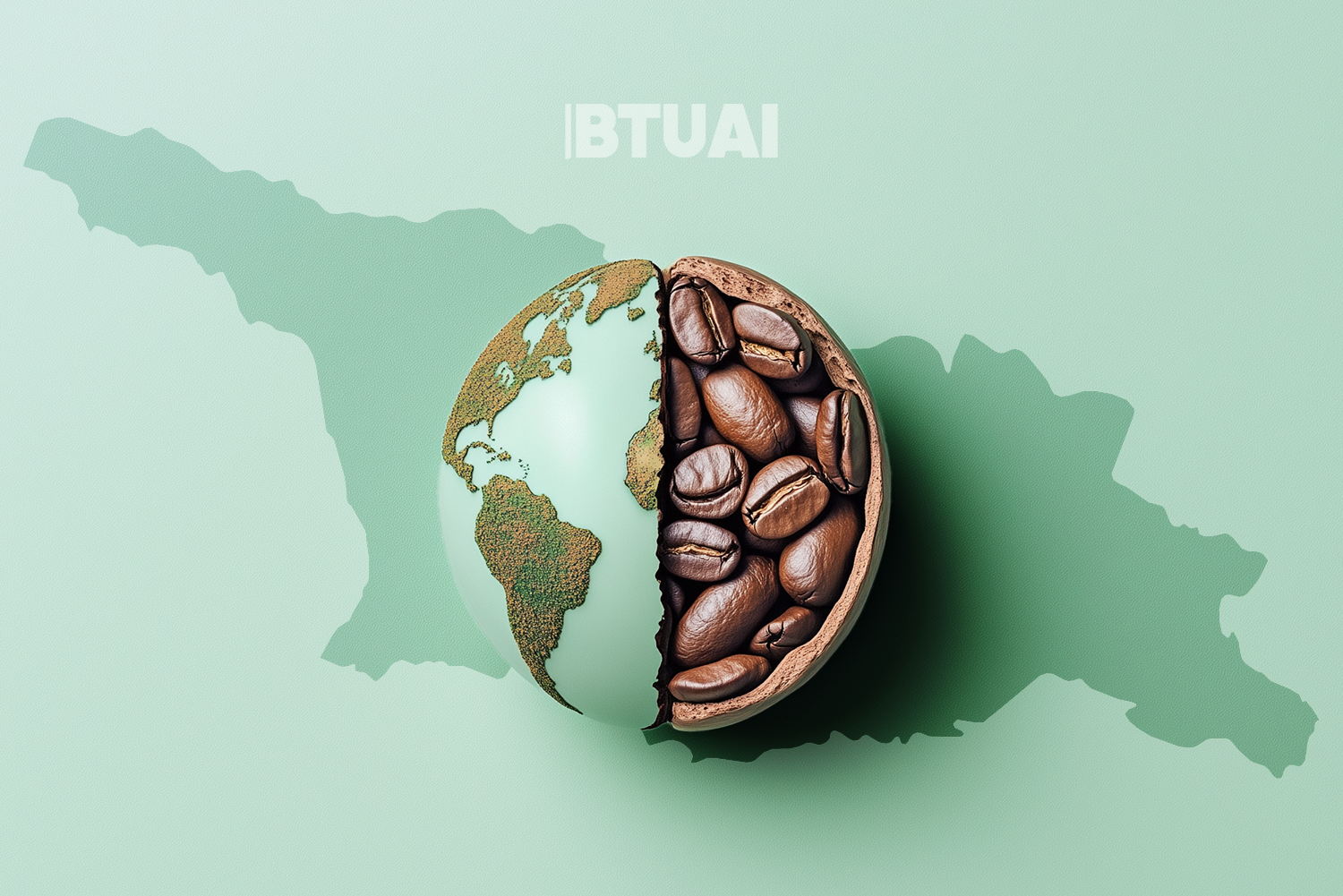Global Coffee Market and Trends in Georgia
The global coffee market in 2024 continues to exhibit significant volatility driven by economic and climatic challenges. International coffee

The global coffee market in 2024 continues to exhibit significant volatility driven by economic and climatic challenges. International coffee prices, which have seen notable increases over the past few years, have risen again by approximately 15% this year. The primary drivers of this increase are climate change, supply chain disruptions, and growing demand from emerging markets.
In Brazil, the world’s largest coffee exporter, coffee bean yields decreased by 8% this season due to alternating periods of drought and excessive rainfall. Similar issues have been observed in Colombia and Vietnam, further reducing supply. For example, in Vietnam, over 20% of coffee plantations were damaged due to excessive moisture, directly impacting the prices of Arabica and Robusta beans.
Globally, rising demand also plays a significant role. Asian markets, particularly China and India, continue to show sharply increasing coffee consumption. In 2024, coffee consumption in China rose by 12%, signaling a major transformation in this market. Other Asian countries are also increasing their coffee imports, putting additional pressure on global supply.
Additionally, rising transportation costs, which have increased alongside global economic shifts, are heavily influencing coffee prices. Congested ports, prolonged shipping times, and higher fuel costs have increased international shipping expenses by about 10% in 2024. This trend disproportionately impacts coffee-import-dependent countries like Georgia.
In Georgia, coffee prices have shown notable growth in 2024. The price of ground coffee has increased by 10.5% compared to the previous year, while the price of instant coffee rose by 7.7%. Although the country’s annual inflation rate remains relatively low at 1.9%, the rise in coffee prices directly affects consumer purchasing power.
Challenges in global markets have a direct impact on Georgia. For example, supply issues in Brazil and Vietnam raise the cost of imported coffee, which translates to higher retail prices. Georgia, which is entirely reliant on imported coffee, is particularly sensitive to such changes. Additionally, rising international transportation costs, which have been especially acute in the post-pandemic period, add further expenses to the final product.
Demand dynamics also play a role in price changes. Georgia has shown a growing trend in coffee consumption in recent years, likely linked to cultural shifts and the expansion of consumer segments. The rising price of ground coffee in 2024 may indicate that this product is viewed as more premium, and consumer preferences are shifting toward higher-quality offerings.
Interestingly, the price increase for instant coffee has been relatively moderate. Instant coffee is generally more stable and provides a more economical alternative for consumers. This product is also less sensitive to international price fluctuations, which is likely reflected in its slower price growth.
The increase in coffee prices is not solely the result of global market trends or local factors—it is a complex combination involving shifts in demand structure, supply chain disruptions, and global logistics challenges.




